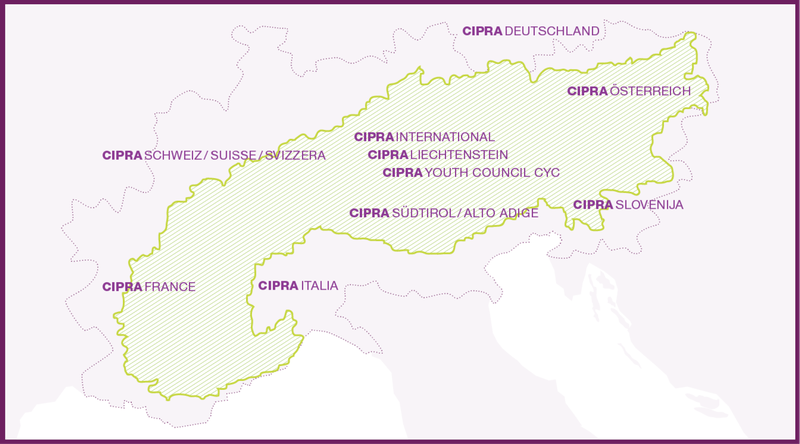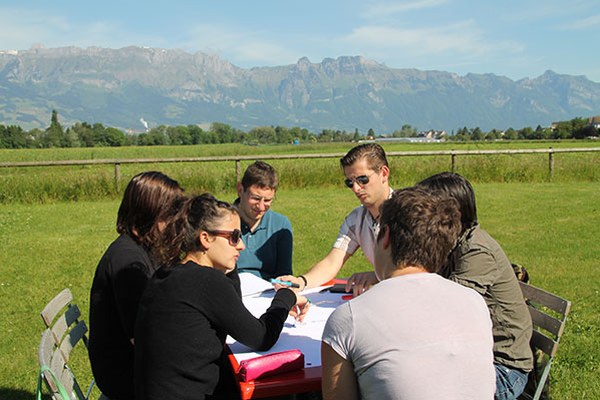Laura Haberfellner, CIPRA International Lab
Innovation to counter emigration
Emigration and the brain drain in the Alpine region: a new EU project involving CIPRA aims to counteract this trend. It is testing innovative governance models to strengthen mountain regions and create a win-win situation for regions of origin, destinations and young emigrants.
Who is CIPRA?
Find out more!
More articles
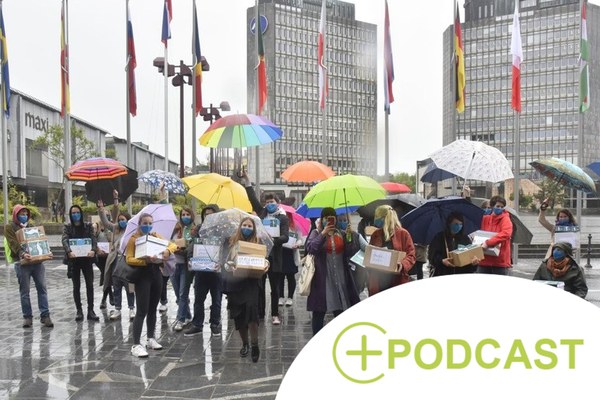
Veronika Hribernik, CIPRA International
For drinkable water
In a referendum held at the beginning of July, Slovenia’s citizens voted by a clear majority in favour of preserving the shore and coastal zones. In doing so, they overturned a new law that would also have affected Alpine waters.
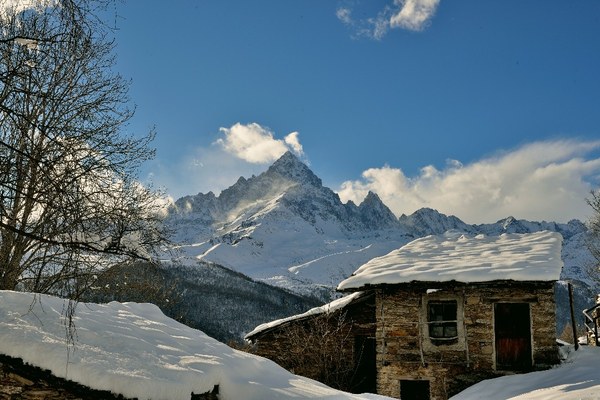
Veronika Hribernik, CIPRA International
Abandoned and uncultivated
Remote mountain villages in Piedmont/I have been struggling with heavy emigration for years. The region is now supporting people moving back to the mountains. A study from Austria shows how endangered Alpine agriculture actually is.

Michael Gams, CIPRA International
Innovations and aberrations
Helicopter flights and Australian white wine on the one hand, an eco-museum and recycled smartphones on the other: positive and negative awards from environmental organisations point the way to a more sustainable future.
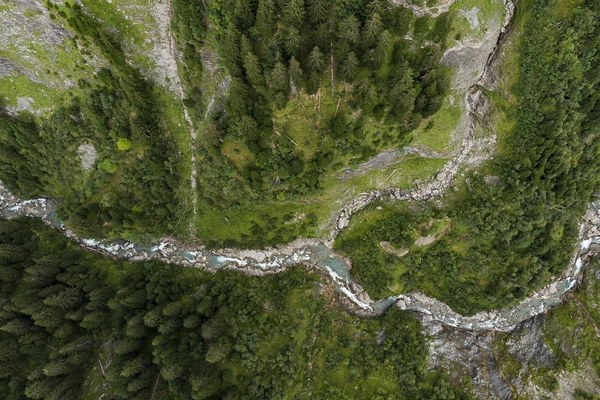
Veronika Hribernik, CIPRA International
How much hydropower is ecologically sustainable ?
Renovate power plants instead of building new ones, preserve the last freshwater pearls, coordinate use and protection across countries: CIPRA has published a position paper with detailed technical demands on the use of hydropower in the Alps.
Events
|
Cuneo Montagna Festival | Cuneo (Italy) | |
|
Webinar - Successfully organising sustainable procurement with proCURE | online | |
|
FutureForum Alps 2025 | SAL - Saal am Lindaplatz, Landstrasse 19, 9494 Schaan, Liechtenstein |
Projects
CIPRA
alpMedia
The alpMedia newsletter offers boundless information from and for the Alps. CIPRA launched this service in the International Year of the Mountain in 2002. Today the alpMedia Newsletter is published at irregular intervals in the four main languages of the Alps, i.e. French, German, Italian and Slovene. Important messages are merged in an English edition several times a year.

